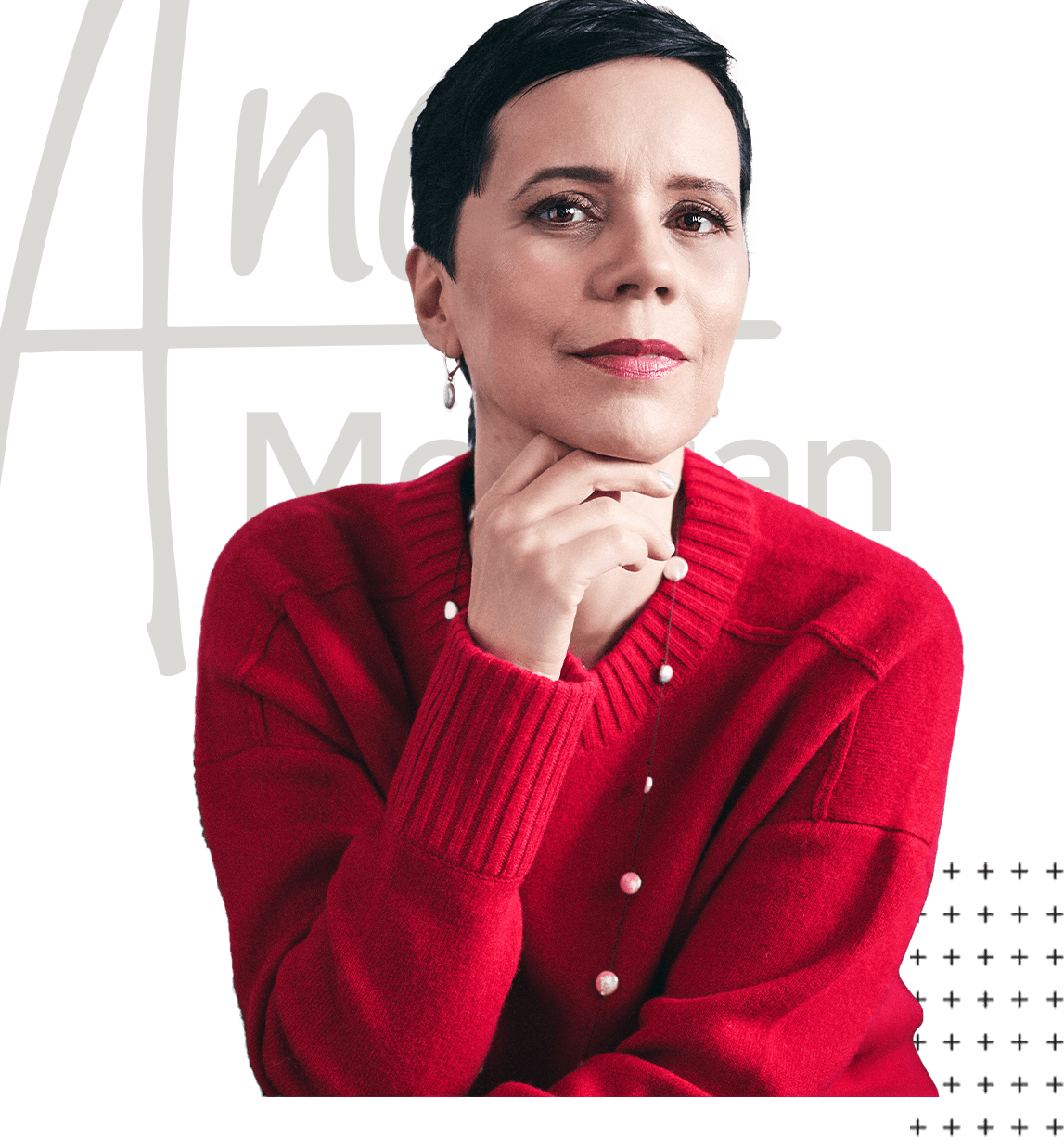The NEW Game of Service with Mitch Axelrod
“If the people are serving the system, you have an inversion of value. If it gets extreme, you have a perversion of value, to where the system actually, instead of serving people, abuses people.” – Mitch Axelrod
I had the delight of speaking with Mitch Axelrod, entrepreneur, speaker, trainer, advisor, and a #1 Wall St. Journal, Barnes & Noble, and Amazon best-selling author.
Mitch is a champion for soul-first living and has delivered 3,500 seminars, workshops, keynotes, webinars, executive briefings, and coaching clinics on business, entrepreneurship, sales, leadership, values, intellectual property, and life skills to more than a million people.
We discuss:
- The importance of love and service in business
- How the three P’s of service change the game
- The Soul, Role, Goal™ model (+ the inversion of value and its consequences)
The importance of love and service in business

Do you remember the first time someone said “You’re worth it,” to you?
For Mitch, it was at one of his first jobs as a 16-year-old, serving food over the counter. A customer passed him a dollar bill—a fair leap from the usual tips of 20-50 cents—looked him in the face and told him, “Mitch, you’re worth it.”
That moment would serve as the chrysalis of his entire business ethos. The idea that when you love and serve someone, you earn a reward clicked into place, and he realized that virtually all businesses run on that model: Service + Love = Money.
“I've been in business 45 years. I've made a lot of changes and pivots. I've seen businesses come and go—had great products, and 5 years later, they were gone,” Mitch says. “And it all comes back to loving and serving. Service is not just a department; service is an ethos.”
It’s more than just monetary gain that should drive a business or spearhead service departments. You can’t forget the love and the genuine care that comes when you truly have a servant's heart.
“Whenever I had a downtime—at one point, I was actually bankrupt—I knew that if I could love and serve a population of people, I could always be of value,” Mitch says. “And I think we've lost that over the years with mechanization, automation, and AI.”
How do we recapture the essence of genuine service in today's rapidly evolving landscape? Mitch has a few ideas.
How the three P’s of service change the game

The counter to the rise of AI and automation is not so much of a new evolution as it is returning to the roots of what makes us human: Our souls.
“It's a mission. Being of service is a very deep human need. We all need to be of service,” Mitch says. “Service also, as an intentional act, serves the company. It increases the value you bring to your customers and revenue, especially if you play the new game where you focus on serving people so they come back and bring their friends.”
Giving one customer a positive experience can create a ripple effect that pays dividends for your business—of course, the power of networking isn’t a new concept, but people sometimes forget that their customer base is just as fruitful of a field for connections as a conference is.
Mitch breaks service down into three P’s:
- Purpose
- Product
- Profit
“If you can turn service into a profit center versus an expense department, it changes the whole dynamics of the company. You now have two profit centers—sales and service—and one expense department: marketing,” he says. “Versus the old game, which is one income center—all based on sales—and two expense departments: marketing and service.”
When companies shift their thinking to customer service as a profit center instead of an expense, the possibilities are endless: Repeat business, new business, referrals, endorsements, testimonials, etc.
That outcome is possible not because of AI or automation but the intentional and loving care of real people.
The Soul, Role, Goal™ model (+ the inversion of value and its consequences)

The soul, role, goal model of leadership is a hierarchy of values based on a science called Axiology; the science of human value. Mitch developed this model 30 years ago and spoke on the “Soul, Role, Goal of Leadership” at Harvard.
“When you look at every company, every company has a goal— individuals, too—and then what do we do? Well, our role is to get the goal. If we have any time left over, we nurture and serve, or satisfy, our soul,” he says. “That's an inverted model.”
Why do we tend to leave the soul last when our soul is what fuels who we are?
The purpose of the soul is to love and, especially, to love people. Our role is what we do. The purpose of a role is to serve practical, tangible things—we create a product or a service. We serve, deliver, and then get rewarded. Our goal is where we're going. And to get where we're going, the goal obeys whatever the plan, process or system is that will achieve it.
That’s why creating the right procedure is so crucial. We want to frame it in a way that avoids inverting our value to give ourselves the best chance at thriving instead of merely surviving.
“The purpose of rules, policies, procedures, automation, systems, AI, and so on, is to serve people. What happens is if the systems, rules, policy, or procedures take over, and now the people are serving the system? You have an inversion of value,” Mitch says.
“If it gets extreme, you have a perversion of value to where the system, instead of serving people, abuses people. I call it systemic abuse.”
When we invert value, we lose sight of what makes us human—our empathy, intuition, compassion, and soul. AI has no soul. It has intelligence and can be taught to exhibit characteristics, but it is inauthentic and does not hold the same weight.
Hence the keyword, Artificial.
AI is a marvelous tool for business, but it is not a replacement for genuine humanity.
“We have to start treating people like people and realize that not only are they human, but they're our most valuable capital asset,” Mitch says. “If we provide an environment that nurtures people, gives them access to expanding their capabilities—contributing to the company, flattening out the hierarchy, and putting the autonomy of the individual above the authority of the system—the happier everyone’s going to be.”
Are you prioritizing your soul? Can you think of a time when you were operating from an inverted value system?
Be sure to check out Mitch’s full episode for further insight into the new game of service, and learn more at SoulRoleGoal.com!








